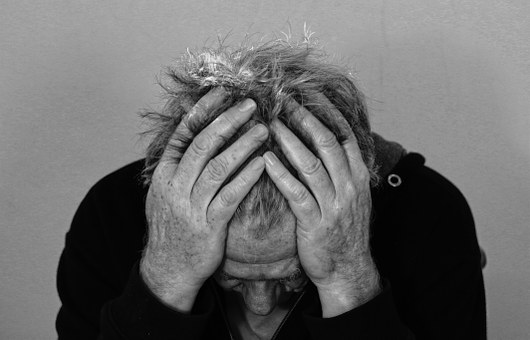
First and foremost, PTSD (also known as Post Traumatic Stress Disorder) is defined as, “a condition of persistent mental and emotional stress occurring as a result of injury or severe psychological shock.” As a result of such, one who struggles with this condition may struggle to sleep, and even replay/recall the experience in particular. Unfortunately, what goes unnoticed by many is how common this disorder is in the legal field. For, what happens beneath the briefcase and the clean cut suit is a whole lot more than what meets the eye.
In turn, PTSD is a big factor linked to substance abuse—which can lay its foundation as early as law school. For, the stress that comes through long hours of studying—and/or restless nights—while preparing for exams can begin to take a toll on one’s mental health. Not only that, but since the legal profession is very competitive this can pose as barren ground for addiction to take root. The reason centers around the fact that such a system plots a wide range of peers against each other, forcing them into isolation as they try and gain the upper hand.
Consequently, feelings of melancholy can begin to settle in the place of one who was once happy, as his/her school work—and/or future career—begin to take over his/her life in great excess. Not only that, but the unfortunate symptoms that come through PTSD—such as restless sleep—can also cause individuals to begin using, whether it be through alcohol or drugs. They may try and find relief—and/or a way to sleep—but in the midst of such impact their well being in an unhealthy way. For, what starts out as a simple way to sleep—and/or maybe even a way to stay up longer and cope with anxiety—can grow into that of a full fledged addiction.
In conclusion, PTSD and substance abuse closely correlate in the legal profession—more than one might think. As a result of such, it’s important that aspiring lawyers—and/or ones who are already established—who are struggling with addiction get help early. In doing so, they might find better ways to cope/handle the high demand that comes through work, school, or both—and be better equipped for such. It is then that they can find an outlet—and/or quicker road to recovery. For, those who are in high demand professions don’t have to go through it alone, and are brave to seek help/treatment—in the midst of a profession that’s highly reputable.